Exact Answer: About 3-5 Weeks
Respiratory Syncytial Virus (RSV) is a type of respiratory virus with certain symptoms such as cold, cough, etc. The symptoms are more like that of a common cold but sometimes it can be serious.
However, if proper precaution is taken, the seriousness of the virus can be avoided. There is nothing as such to worry about. The problem of rapid breathing or wheezing is improved within a week. Most people are concerned about the coughing problem as to how long does a cough lasts after RSV.

How Long Does Cough Last After RSV?
As per most of the doctors, the problem of coughing lasts for about 3-5 weeks. This depends on the severity of the attack of the virus. Meanwhile, you may feel that the wheezing and rapid breathing problem would have been resolved within a week of the attack of the virus.
Now that the main question regarding the RSV is known, you should also be aware of the other aspects of RSV. Utmost precaution needs to be taken as the virus is highly contagious. Especially for a week or so after the person had had symptoms.
The affected person must avoid close contact with the known and dear ones. If you are concerned about the probable symptoms you have come in contact with RSV, need not worry.
The symptoms are much similar to the common cold. Some of them are- congestion in the nose, sneezing, headache, soreness of throat, severe coughing (for few days), rapid breathing, and wheezing.
The symptoms are more or less the same in infants as well. However, some of them may vary. The probable symptoms in infants are- short rapid breathing, lethargy/feeling tired most of the time, poor feeding, irritability, and coughing.

| RSV symptoms | Time (till when they last) |
| Severe Coughing | Up to 2 weeks |
| Mild coughing | 3-5 weeks after recovering from RSV |
| Wheezing | Around a week |
Why Does Cough Last So Long After RSV?
Patients suffer from this cough issue for about 3-4 weeks after the attack of the virus. And the reason for this is the virus’s attack on the respiratory tracts. As aforesaid, the virus attacks mostly, the lungs (causes infections). And it causes bronchiolitis.
As soon as the virus attacks the lungs, narrowing even the smallest of the airways in the lungs, the person experiences congestion. Narrowing of the airways of the lungs takes place. This is caused mainly because of the swelling caused by this virus. And this obviously cannot improve almost instantly. Hence, it takes this long.
And if you are wondering what age group has the most chances to come in contact with the virus, it affects the kids and the older people. People of age 64 or above are most prone to it. It is also very common in children (0-2 years old kid). This is so because a kid’s lungs’ airways are already narrow. The virus doesn’t have to put much effort. Adults suffering from lungs/heart disease, asthma also have the most chances to suffer from RSV.
For diagnosis of the respiratory syncytial virus, you’ll have to visit a healthcare provider. Physical check-up involves check-up the oxygen level (with pulse oximetry). A blood test might also take place to know about the presence of any sort of infection.

The healthcare professional may also ask you to have a nose or mouth swab to check the presence of any virus. And if the case is way more serious, the professional would probably suggest an X-ray or CT scan.
If the test is negative, well and good. In case you have tested positive for RSV, take all necessary precautions. The treatment is not prescribed as the RSV goes within 2 weeks or so. However, proper care needs to be taken.
Conclusion
RSV or Respiratory Syncytial Virus affects many people around the world. Though the symptoms it has are of common cold, the coughing may last for about 3-5 weeks after recovering from this RSV.
Also, there is no proper medication for It and it does away on its own. All you can do is take proper care up till then and maintain cleanliness all around. And if you feel the symptoms and after-effects of RSV to be serious, don’t hesitate to visit the doctor.






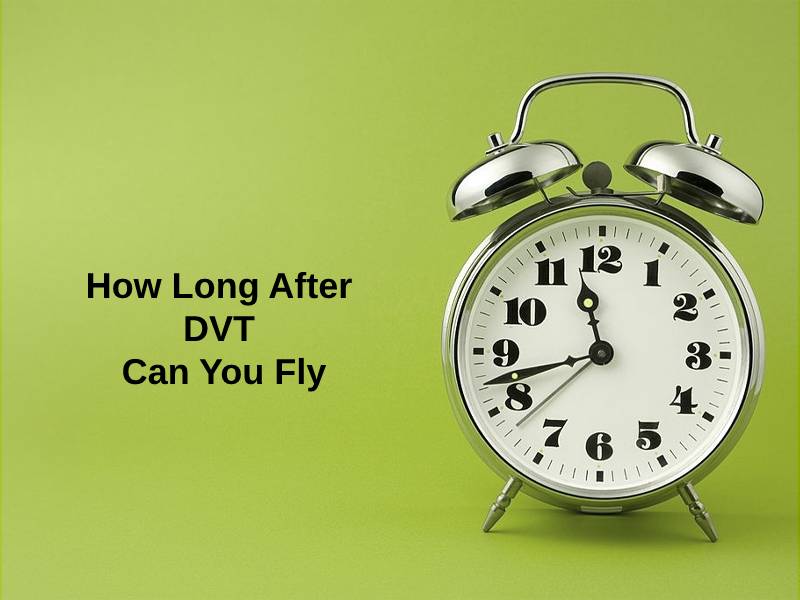
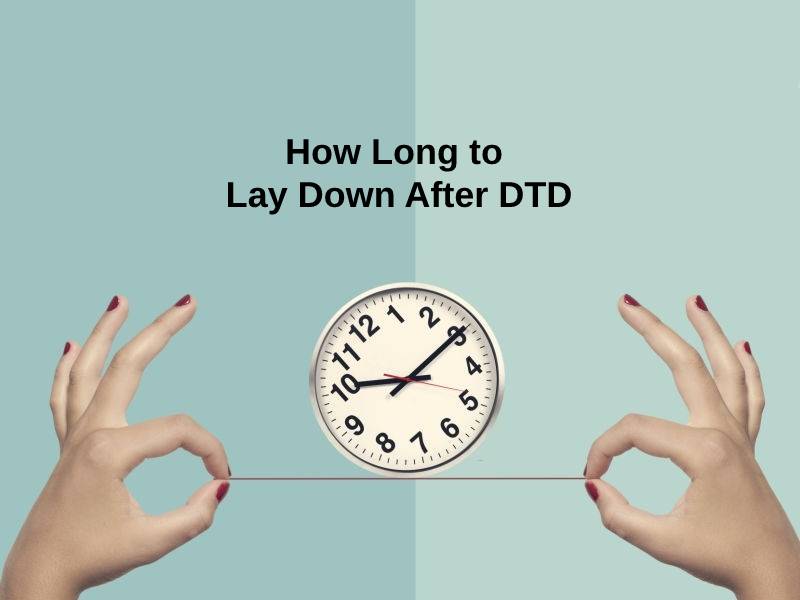
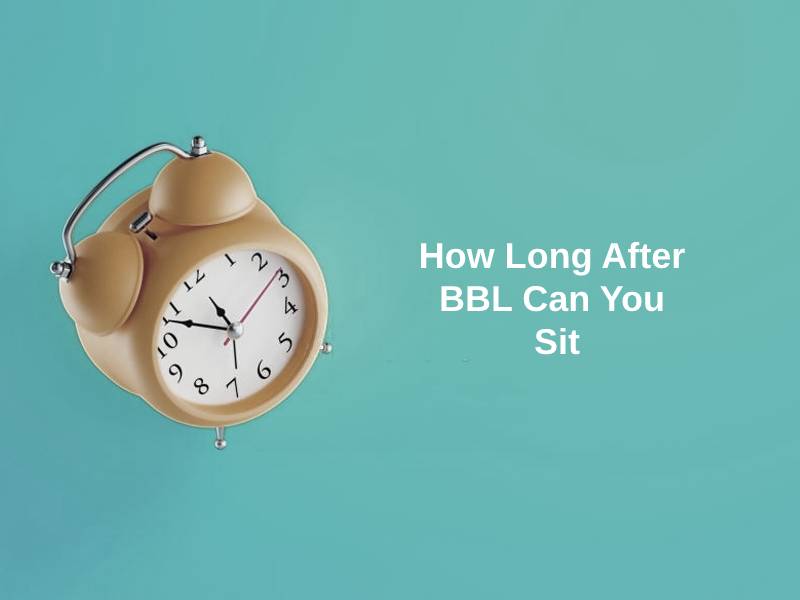
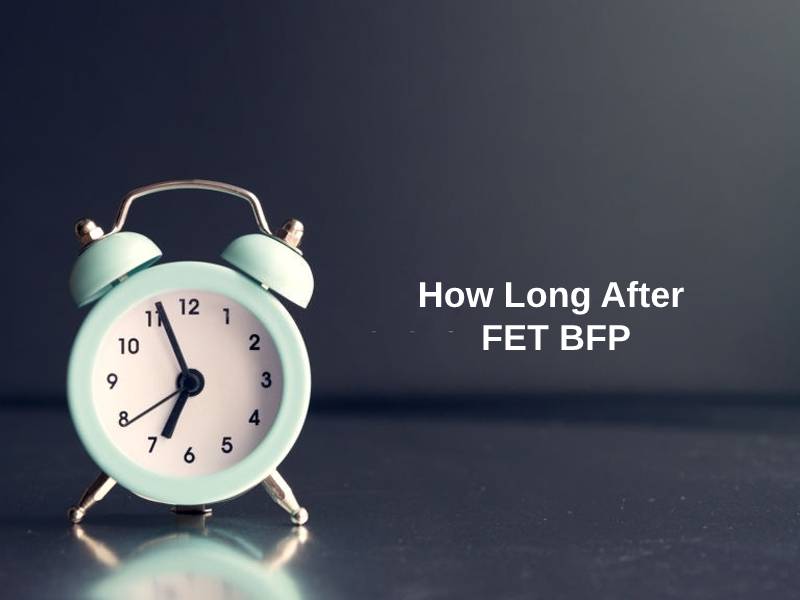

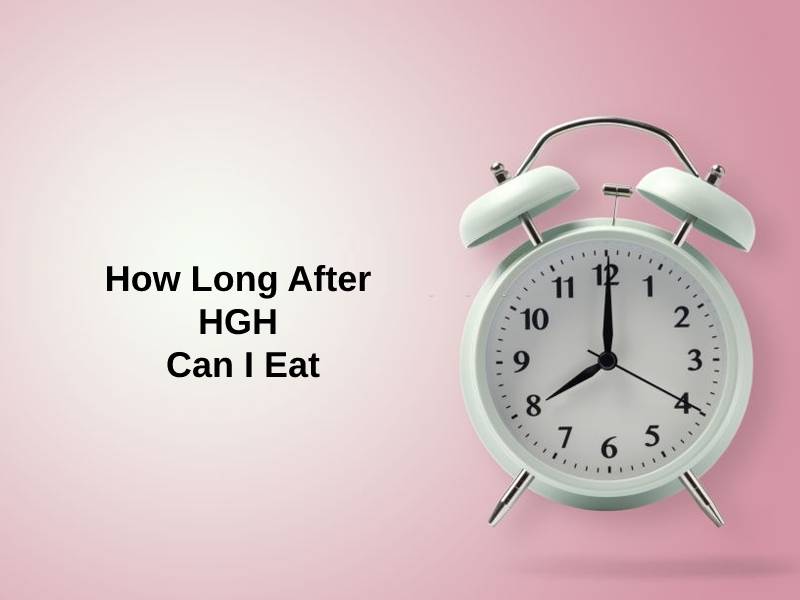
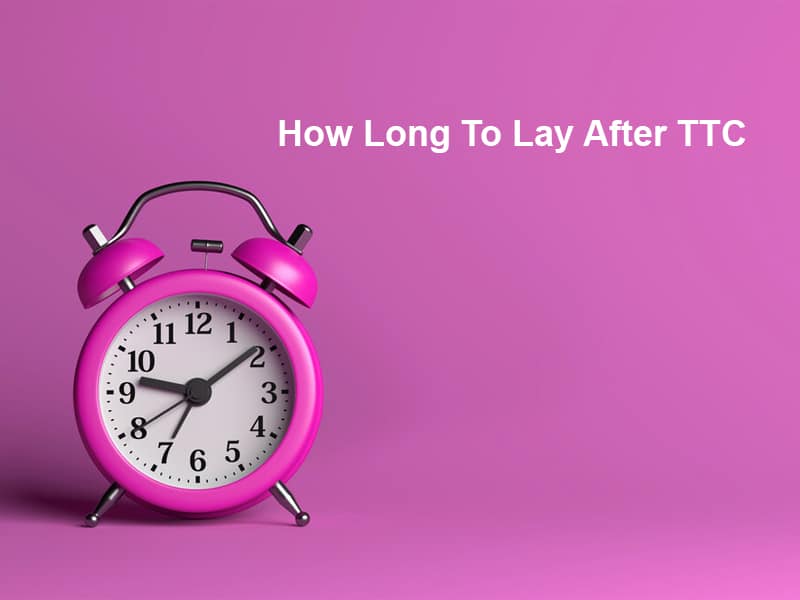
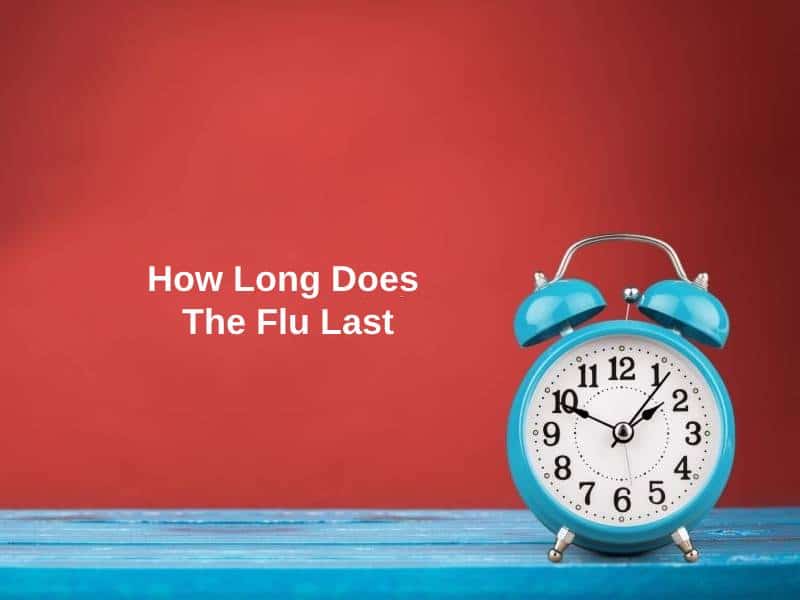
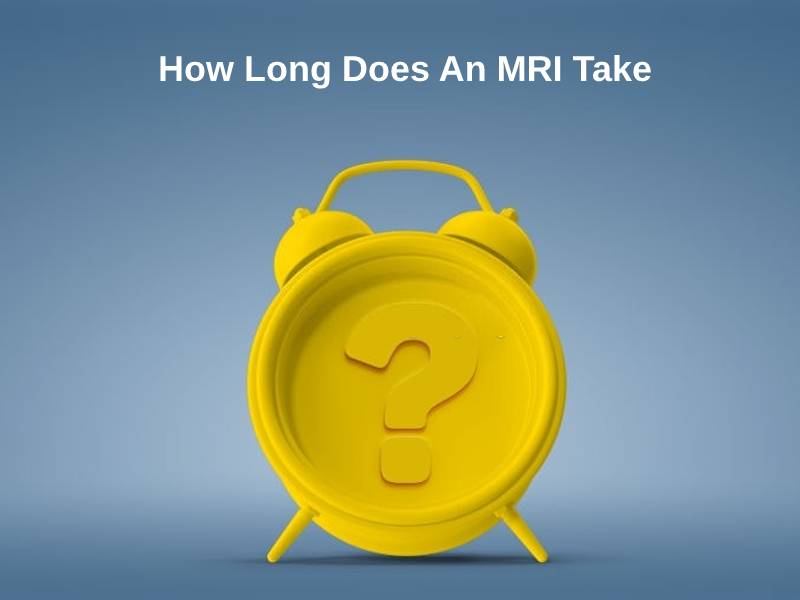
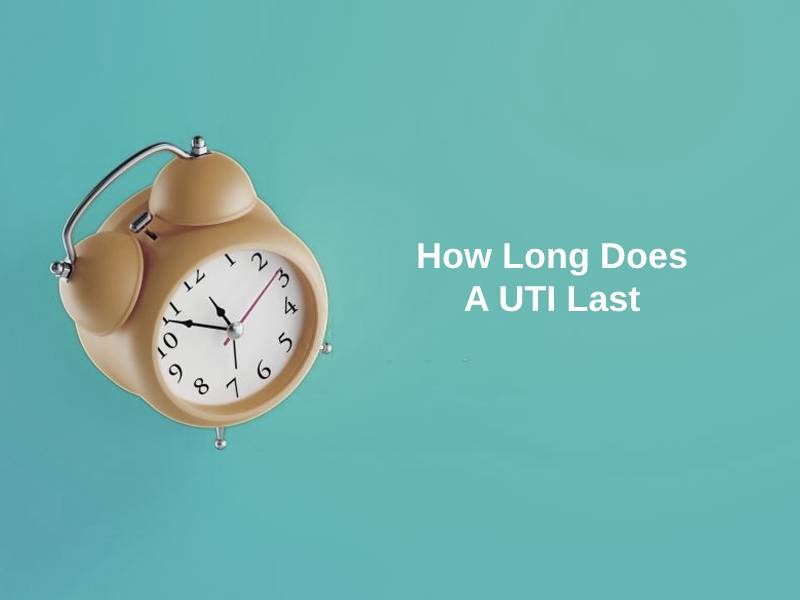
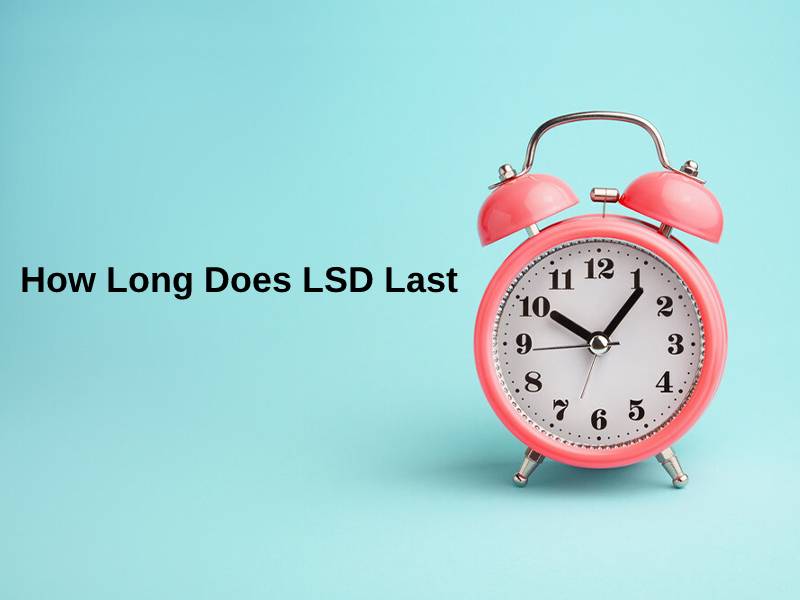
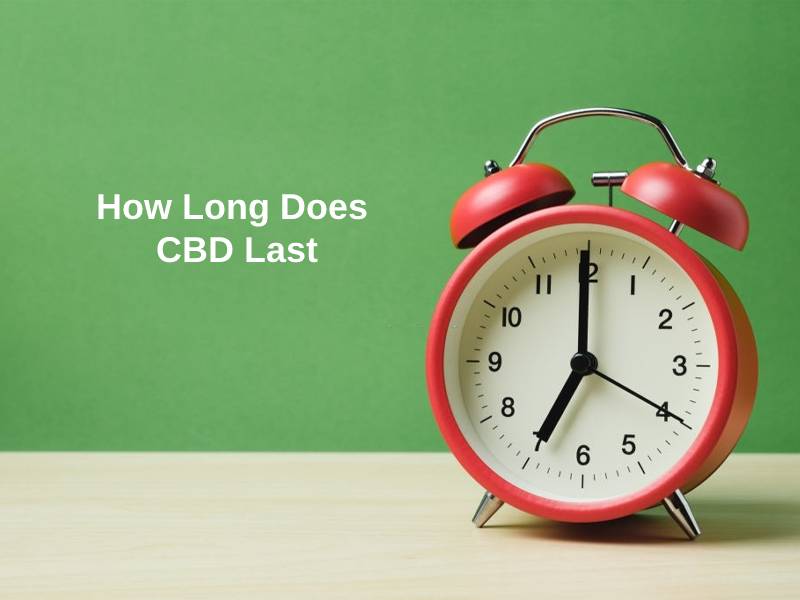

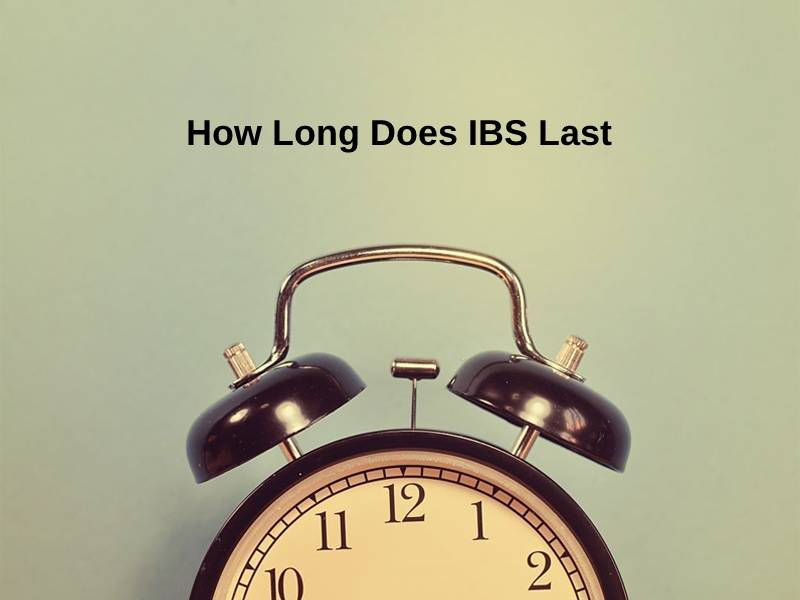
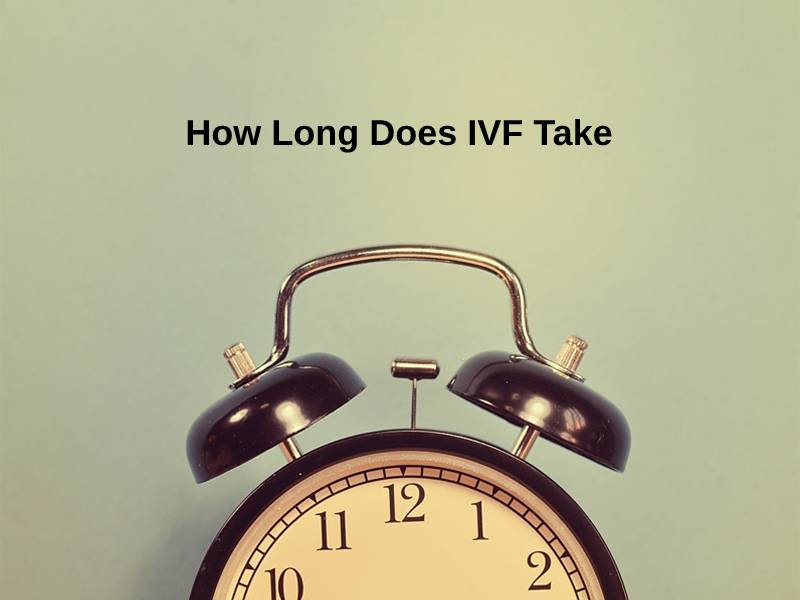
I’m amazed at the impact RSV has on the respiratory system, this is really eye-opening.
Indeed, the details provided here are enlightening.
Certainly, understanding the effects is important for everyone.
This article is really informative and gives a clear insight on RSV and its symptoms.
Absolutely, it’s great to understand about these diseases in depth.
This article provides a clear understanding of RSV and its symptoms.
Yes, the depth of details is quite helpful for everyone.
The severity of RSV seems to be more challenging than I thought.
Yes, it definitely puts into perspective the impact it can have.
The precautions and care mentioned here are crucial for dealing with RSV.
Definitely, it’s important to be informed about how to manage it.
The information provided here is crucial for understanding how to deal with RSV.
Completely agree, this could help many people better understand the virus.
Absolutely, knowing these details could make a huge difference.
I was not aware of the long-term impact of RSV, this is quite enlightening.
Interesting, I didn’t realize how long the cough can actually last after RSV.
Yes, it’s pretty surprising and good to be aware of.
The information about who is most prone to RSV is quite concerning.
Absolutely, the at-risk groups really need to be careful.
It certainly raises some concerns, especially for children and older people.
The diagnosis process is quite elaborate, but absolutely necessary.
Yes, it’s important to have accurate diagnosis for proper care.